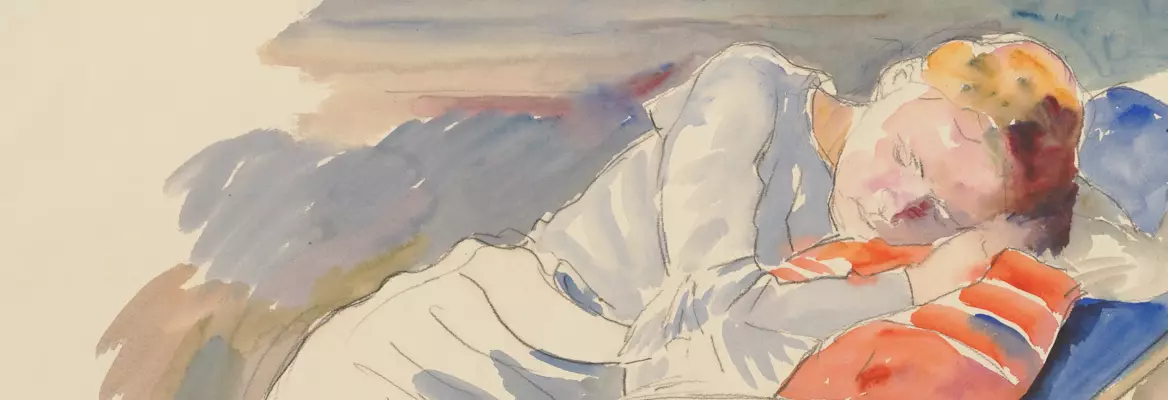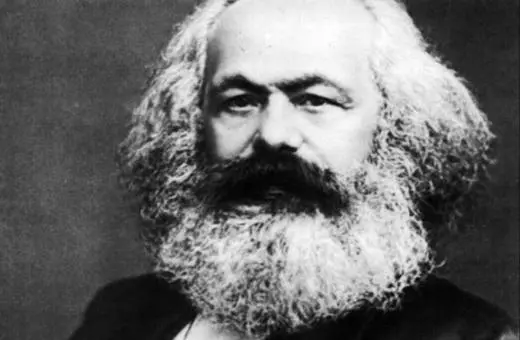Fixated with profits and productivity, our culture has long glorified work and condemned laziness. The lazy are roundly critiqued as unfulfilled and ineffective, but have we got this the wrong way round? Matthew Qvortrup looks to the history of philosophy to argue that there is perhaps something to be said for idlers and idleness.
Laziness is anathema to our work-obsessed civilisation. Over the centuries, thinkers have denounced idleness and celebrated industry. Solon, the founder of Athenian democracy, is said to have condemned “laziness [as] the mother of all evil”. The philosopher-bishop, George Berkeley, proclaimed that ‘the Lord conceal[s] Himself from the eyes of… the lazy’. And, the sociologist, Max Weber, famously attributed the success of capitalism to the legendary “Protestant work ethic”.
Yet, some of us – grudging the return to the office after the winter break – might wonder whether laziness is really so bad, and work so good. Is it not possible that maybe, just maybe, there is something to be said for idles, idleness, laziness, or whatever you want to call it? Despairing workers, still hungover from New Year celebrations, might take some solace from the history of philosophy; as, in tandem with the tradition of industriousness set out above, there has existed an alternative school of thinkers, who have written in celebration of laziness.
In a book appropriately entitled In Praise of Idleness, the English philosopher, Bertrand Russell, told,
[the] story of the traveller in Naples who saw twelve beggars lying in the sun (It was before Mussolini), and offered a lire to the laziest of them. Eleven of them jumped up to claim it, so he gave it to the eleventh. This traveller was on the right lines…I hope that after reading the following pages, the leaders of the Y.M.C.A. will start a campaign to induce good young men [and presumably women and others too] to do nothing”.
Why, might we wonder? Because, wrote Russell, “leisure is essential to civilisation”. In Russells’ view, it requires time of rest, idleness to be creative. Those who are constantly caught up in the maelstrom of back-to-back meetings, never rise above things; never get a perspective on life, and will eventually be brought down by the punishing pace of the never-ending rat-race.
And much as spoilsports, like Solon and George Berkeley, might have disagreed, many other illustrious minds have sided with Russell.
 SUGGESTED READING
On being useless: a daoist reflection
By Edward McDougall
SUGGESTED READING
On being useless: a daoist reflection
By Edward McDougall
The philosopher Aristotle was anything but idle. His surviving works total more 1.5 million words. Yet the Macedonian-born thinker appreciated the positive effect of idleness. “Leisure”, he wrote, “seems itself to contain pleasure and happiness and felicity of life. And this is not possessed by the busy but by the leisured”.
Taking his cue from the ancient thinker, several modern writers have reached the same conclusion. Michel Montaigne, while busy writing one of the longest collection of essays in the canon of Western thought, nevertheless believed that “the greatest favour I could do for my mind was to leave it in complete idleness, caring for itself, concerned only with itself, calmly thinking of itself”. Though, he admitted that this ‘idleness produces fickle changes of the mind”.
So, much as moralists warned against it, this view of productive laziness view took root among the thinking classes in the following centuries. Though, it should be said, it was a doctrine that the powers that be were anxious to conceal from the working classes.





















Join the conversation